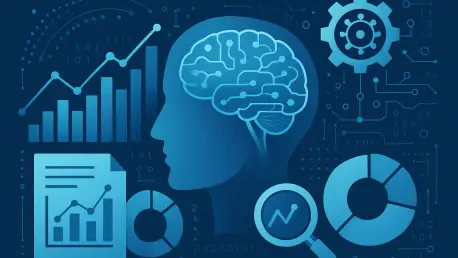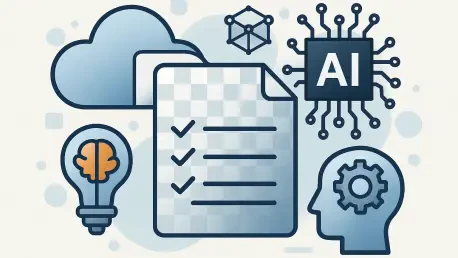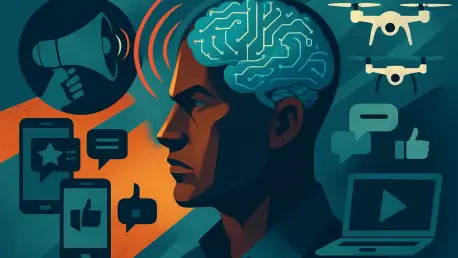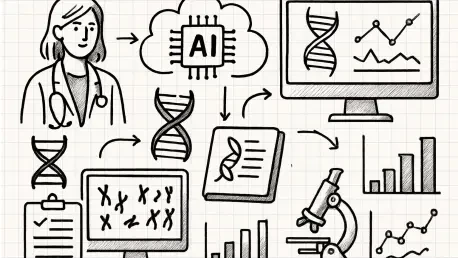
In a world grappling with the staggering reality of a $3.3 billion daily loss in global GDP due to stalled progress on sustainable development, a transformative solution has emerged to challenge the status quo and redefine the path forward. The United Nations’ 2030 Agenda, with its 17 Sustainable

Imagine a cutting-edge artificial intelligence system capable of drafting intricate legal arguments or generating detailed scientific hypotheses, yet it stumbles when asked to perform a basic task like comparing two simple lists. This paradox lies at the heart of the current discourse surrounding

Imagine a world where businesses can anticipate customer needs before they even arise, where complex decisions are made in the blink of an eye, and where industries operate with unprecedented efficiency—all driven by the power of artificial intelligence (AI). Cognitive analytics, an innovative

In an era where artificial intelligence is increasingly woven into the fabric of critical industries, ensuring trust and reliability in AI outputs has become a pressing challenge for developers and enterprises alike, and Amazon Web Services (AWS) has taken a significant step forward with its

In an era where digital connections define much of human interaction, a silent yet powerful form of conflict is reshaping global dynamics—one that targets not physical landscapes but the very thoughts and beliefs of individuals through a sophisticated strategy known as cognitive warfare. This

Imagine a healthcare system where critical genetic insights are buried in a mountain of unstructured, handwritten, or hastily typed clinical notes, often overlooked due to sheer volume and inconsistency, leaving patients at risk of delayed diagnoses or missed treatment opportunities. This scenario